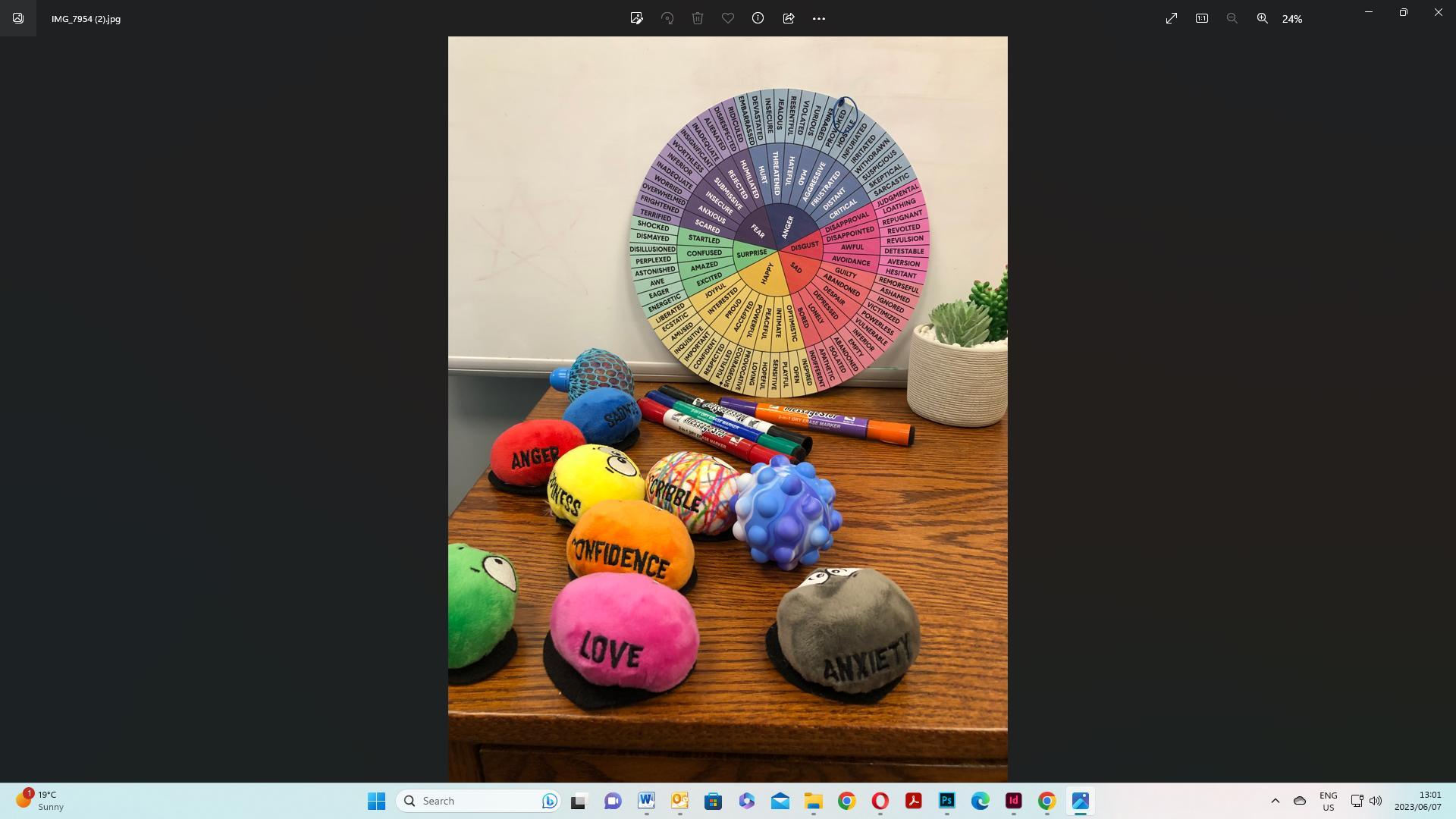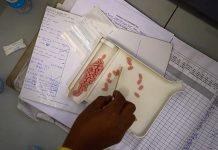Africa-Press – Lesotho. THIS is a bit late for the Mental Health Awareness month but better late than never. Remember that Zonke Dikana song ‘Feelings?’ Quickly give it a listen as you prepare to dive in. This week we are talking about feelings.
Have you ever been in such a bad space that if someone asked you, how are you today; it might release a fountain of tears? Or feel so overwhelmed that you want to stop a total stranger walking down Kingsway Street and just pour out your frustrations? If you are like me, I am sure this has happened to you too.
When we are overcome with feelings, it is often the case that we need an outlet. These can be positive or negative feelings. In my line of work feelings, emotions and behaviour are like balloons.
My Counseling Practicum Professor likened them to the white and red balloons. He liked metaphors. The way he phrased it is that people talk in white balloons, but every now and again they let a red balloon out.
White balloons are usually the typical surface level feelings whereas red balloons hold the deep feelings that people mask so well with white balloons.
Picture a scenario where you ask your colleague how their weekend was and they say, ‘It was fine, nothing crazy happened (white balloon), but my mom did call to let me know that me my grandpa died (red balloon).
’ Do you see your colleague is masking having lost a grandfather? Obviously, pulling that red balloon would result in empathic support, checking in with them about how they are feeling, etc.
You are likely to hear a mental health provider ask how this or that made you feel? This is the key to the gate of emotions and underlying behaviours.
In my native culture when individuals are asked how they feel, it is usually a surface level ‘ke sharp, etla feta, I do not know how I feel, it is what it is type of thing.
This sometimes leaves me confused especially coming from a culture where ‘ke sharp’ can also mean one is experiencing prolonged feelings of sadness more days than not.
It can also mean one is faced with prolonged grief from a family member that passed on two years ago but ‘o sharp. ’ How about if they are challenged with food restricting behaviours because they fear gaining weight? ‘Ke sharp’ is going to be the end of us.
When I started my graduate programme, I learned of the concept of reflection of feelings (ROF). This was in the counseling techniques course, in spring semester of 2021.
I was struggling horribly, jumping to conclusions of thinking I know what the other person means when they say, ‘I am fine. ’ As was taught to us, do not assume you know what fine means because your idea of I am fine can be very different to the other person’s idea of I am fine.
As you can imagine, this can be followed up with reflection of content and reflection of meaning. It was a weird way of talking, one that I was new to.
It felt like as an adult female I should know what someone means when they allude to being fine, except I do not. I sucked in this class, my reflections were either forced or it felt like I am robotic talking in this weirdly designed manner.
I had to learn how to talk about feelings, emotions, and behaviours. Yes, the three are different but can overlap. I immediately learned the danger of saying I know what you mean, or I feel exactly the same way.
If you think about it, can we really know what people mean? We can infer the meaning and claim such knowledge only when they tell us how they feel or experience this or that emotion.
You guessed correctly, I had to learn how to label my own feelings before I could attempt to do so with others and/or clients. I recall my professor providing me the emotions wheel to practice with.
I would practice with classmates and friends. You know how people boldly write in their resumes that they are fast learners? I had to be people and be a fast learner.
By mid-semester, I had to be good at this new style of talking or I was going to fail the course. I went from ke sharp to feeling exasperated, elated, overwhelmed, anxious, angry, mellow, unhinged, etc.
Understand that I had to learn how to label my feelings like a baby. Every now and again, learning requires that we channel the inner child, do away with esteemed status and titles to clear the clutter with intention to learn.
I was getting the hang of this thing. It felt like I had discovered a gold mine. I was learning counseling techniques as well as an important part of mental health literacy. I was killing two birds with one stone if you will.
Mental health literacy has been defined as the knowledge and beliefs people have about mental health conditions, which helps with their recognition, management, or prevention.
It is important because it influences when and how people seek help for mental health outcomes (Pierluigi Mancini, PhD). It is heartwarming to see the people take to their social media platforms to talk about their challenges with mental health.
We now have people speaking publicly about their struggles with depression, anxiety, trauma, ADHD, and others. My ambitious hope for Basotho is that we recognise our feelings and emotions and what they potentially mean.
According to psychologist Robert Plutchik, “Emotions are the primary source of information about our inner state, our needs and values, and our relationships with others.
When we are in tune with our emotions, we can identify when there are deficits.
For instance, when you are with the right amount of motivation, focus, activation to start and complete tasks, you will immediately recognise when you are undergoing inattentiveness issues which are regulated by the executive functions of the brain, this is what people tend to call ADHD.
What I am hoping people realise is that the individuals that are opening up about their mental health diagnosis are at an advanced stage of their awareness and insight about their mental health.
It means that they recognise(d) the emotions similar to the ones aforementioned, sought help and they are using their experiences to normalise it for themselves and others.
If you do not label it alcoholism, you can easily pass as a Bosso for having your rice crispies with whiskey, HHP said so. When we do not validate our experiences, we minimize and downplay our suffering, emotional suffering.
I invite readers to learn how to recognise their feelings and emotions. It is a crucial part of mental health. ‘Feelings, Feelings, Feelings, All the things that I’ve always wanted to say.
Zonke Dikana Until Next Time!
‘Makamohelo Malimabe works as a Psychotherapist. She holds a Master’s in Counseling Psychology.
She has certifications in Global Health Delivery, Policy Development & Advocacy in Global Health, Leadership & Management in Health, as well as Fundamentals in Implementation Science.
Her views are independent and not representative of her professional roles. She is ambitious about equitable health delivery, health policy and decolonized mental health approaches.
https://www.thepost.co.ls/insight/mental-health-literacy/
For More News And Analysis About Lesotho Follow Africa-Press






